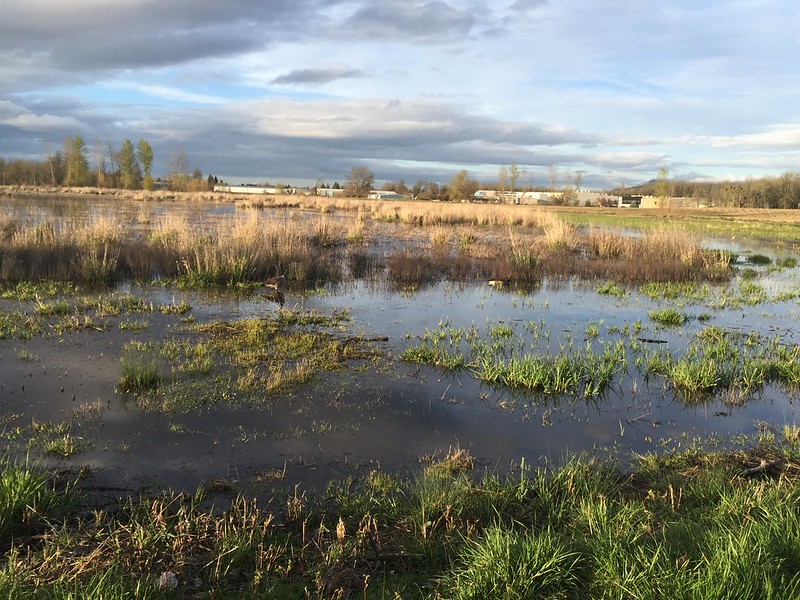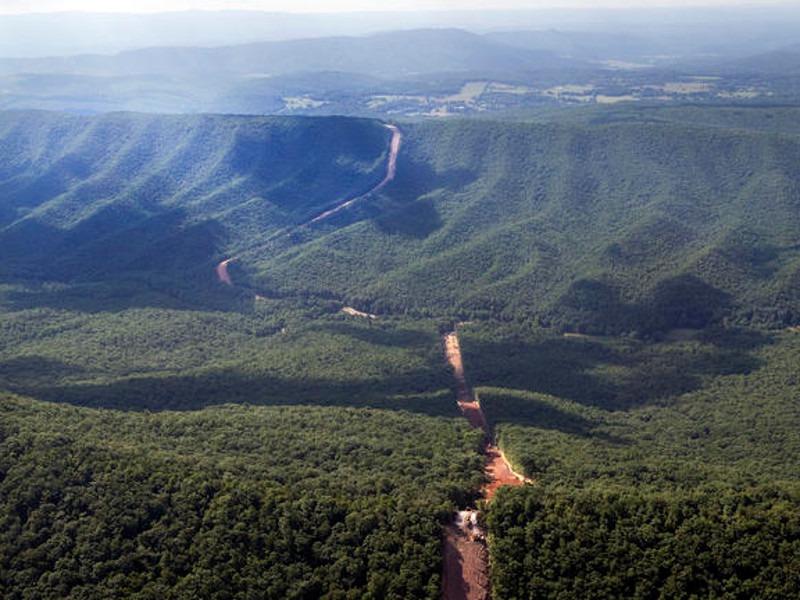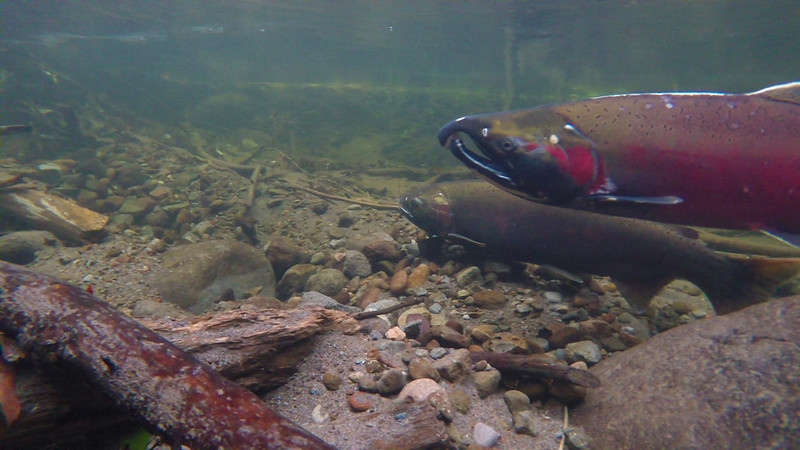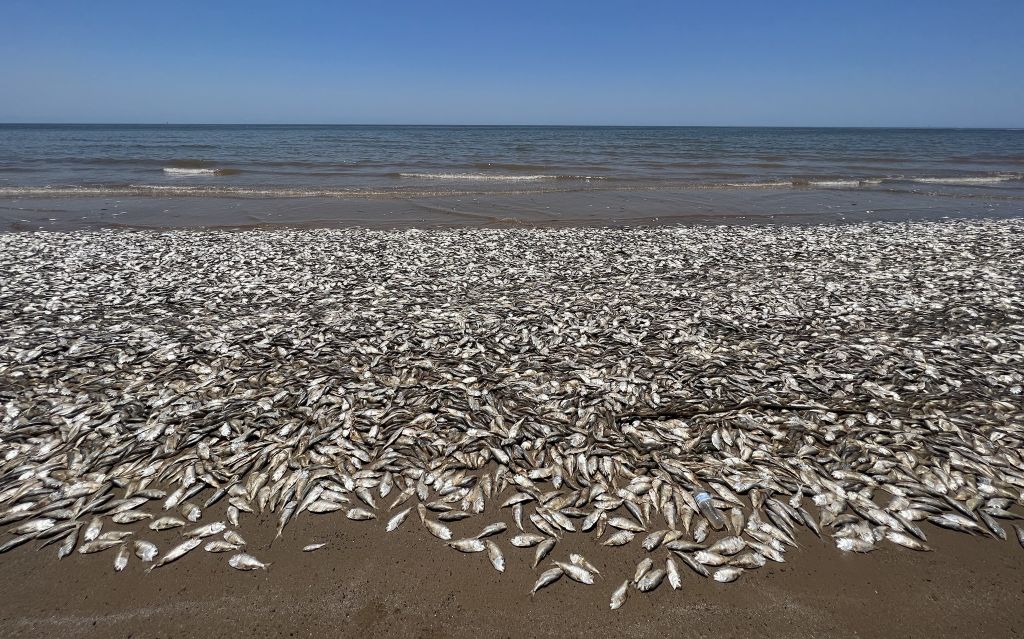“Congress and local elected officials must now step in and do more to protect clean water through durable legislation and state-based action,” said one advocate.
By Julia Conley. Published 8-29-2023 by Common Dreams

Under a U.S. Supreme Court ruling condemned by clean water advocates earlier this year, the Environmental Protection Agency on Tuesday announced a revised rule that could clear the way for up to 63% of the country’s wetlands to lose protections that have been in place nearly half a century under the Clean Water Act.
EPA Administrator Michael Regan said he had been “disappointed” by the 5-4 decision handed down in Sackett v. Environmental Protection Agency in May, but he was obligated under the ruling to issue a final rule changing the agency’s definition of “waters on the United States.”
Continue reading









